
In het hedendaagse leven staan media centraal. Van sociale media tot drukwerk, van website tot televisie, van zoekmachine tot app: de media bepalen hoe wij de wereld zien.
Media hebben niet alleen een enorme invloed op hoe wij met elkaar communiceren, maar ook op hoe maatschappijen georganiseerd worden, zowel cultureel als politiek en economisch gezien. In deze wetenschappelijke opleiding wordt daarom de informatieve en sociale functie van media bestudeerd, en wordt ‘cultuur' beschouwd vanuit de antropologische definitie: de ideeën, gewoontes en het sociale gedrag van maatschappijen en specifieke groepen daarin.
Je krijgt kennis over en diverse theoretische inzichten in de manier waarop verschillende mediaplatformen opgebouwd zijn, hoe ze werken en hoe ze zich tot elkaar verhouden, hoe mediasystemen politiek en economisch onderbouwd zijn, en hoe patronen in het gebruik, de productie en de inhoud van media zich ontwikkelen en veranderen. Je leert verschillende wetenschappelijke onderzoeksmethoden toe te passen en kritisch te reflecteren op diverse onderwerpen. Bovendien maak je kennis met de beroepenvelden die te maken hebben met media en ontwikkel je de professionele vaardigheden die je in mediagerelateerde stages en banen nodig zult hebben.
Deze opleiding kenmerkt zich door:
Studenten maken niet alleen kennis met verschillende relevante mediaplatformen en industrieën, maar ook met Media Studies als een wetenschappelijke discipline. Bovendien doe je de nodige academische vaardigheden op.
| Semesters | ||||
|---|---|---|---|---|
| VakkenVakkencatalogus > | 1a | 1b | 2a | 2b |
| Media, Culture and Society (5 EC) | ||||
| Media Platforms and Industries (10 EC) | ||||
| Studying Media in Everyday Life (5 EC) | ||||
| Academic Skills (5 EC) | ||||
| Media History (5 EC) | ||||
| Imagining the Digital (5 EC) | ||||
| Professional Writing (5 EC) | ||||
| Introduction to Media Studies (10 EC) | ||||
| Media Spaces and Practices (5 EC) | ||||
| Social Lab (5 EC) | ||||
In het tweede jaar verschuift de nadruk naar een grondige theoretische en methodologische training. Naast de verplichte vakken volg je een profiel naar keuze: Audiovisual Culture, Cultural Industries, Digital Cultures, Journalism Studies of Politics and Global Citizenship.
| Semesters | ||||
|---|---|---|---|---|
| VakkenVakkencatalogus > | 1a | 1b | 2a | 2b |
| Analysing Media Texts (5 EC) | ||||
| Audiovisual Culture (5 EC) | ||||
| Analysing Media Production and Use (5 EC) | ||||
| Digital Curation (5 EC, keuzevak) | ||||
| Journalistic Writing and Storytelling (5 EC, keuzevak) | ||||
| Media Entrepreneurship (5 EC, keuzevak) | ||||
| Political Action in the Network Society (5 EC) | ||||
| Technology and Creative Destruction (5 EC) | ||||
| Web Design (5 EC, keuzevak) | ||||
| (New) Media Archives (5 EC, keuzevak) | ||||
| Media Ethnography (5 EC, keuzevak) | ||||
| Media Theory I: Mediatisation and Effect (5 EC) | ||||
| Social Media Analysis (5 EC, keuzevak) | ||||
| Statistics in Media (5 EC, keuzevak) | ||||
| RS Audiovisual Culture (10 EC) | ||||
| Media Theory II: Form and Technology (5 EC) | ||||
| Transmedia Production (5 EC) | ||||
Je voert min of meer onafhankelijk onderzoek uit en kiest een minor (universitaire minor, facultaire minor, career minor met stage, buitenlandminor).
| Semesters | ||||
|---|---|---|---|---|
| VakkenVakkencatalogus > | 1a | 1b | 2a | 2b |
| Minor (elective) (15 EC) | ||||
| Minor (elective) (15 EC) | ||||
| RS Media Studies (10 EC) | ||||
| Thinkers and Theories I (5 EC) | ||||
| BA Thesis Media Studies (10 EC) | ||||
In het gehele curriculum worden drie verschillende leerlijnen onderscheiden: een theoretische, een methodologische en een professionele leerlijn. Het doel hiervan is om jou als student te voorzien van de combinatie van een solide kennisbasis, een grondig inzicht in een keur aan theoretische perspectieven, goede methodologische training en een gedegen voorbereiding op de arbeidsmarkt. Je kunt 150 ECTS verdienen in je major en 30 ECTS in een minor in je derde jaar.
| Programma-opties |
|---|
| Minoren (minor) Het vijfde semester besteed je aan je minor: een pakket samenhangende vakken dat toekomstgericht is. Het bereidt je voor op een vervolg in een mastertrack of op de arbeidsmarkt. Kies uit een careerminor, buitenlandminor, universitaire minor of facultaire minor. |
| Rijksuniversiteit Groningen Honours College (honoursprogramma) Het Honours College geeft getalenteerde, gemotiveerde studenten de kans om nog meer uitgedaagd te worden door Honours programma's te volgen en deel te nemen aan tal van andere activiteiten. Het Honours College bestaat uit een verbredend deel en een verdiepend deel en heeft een studielast van 30 ECTS studiepunten naast de 180 ECTS studiepunten uit je reguliere bachelorprogramma. |
Om het internationale profiel van de studenten verder te stimuleren, biedt de opleiding studenten de mogelijkheid om in het derde jaar van hun studie een semester door te brengen aan een partneruniversiteit in het buitenland. De afdeling biedt uitwisselingsprogramma's aan in het kader van Lifelong Learning Erasmus en Marco Polo.
If you have passed the VWO (pre-university education) exam in English, you satisfy the language requirement.
If you have passed the VWO (pre-university education) exam in English, you satisfy the language requirement.
If you have passed the VWO (pre-university education) exam in English, you satisfy the language requirement.
If you have passed the VWO (pre-university education) exam in English, you satisfy the language requirement.
Language requirement English: Minimum requirement of TOEFL iBT 90 (with a minimum of 21 on all items), or IELTS 6.5 (with a minimum of 6 on all items) or Cambridge C1 Advanced or C2 Proficiency with a minimum score of 180. For more information, see: https://www.rug.nl/let/studeren-bij-ons/bachelor/aanmelding-en-inschrijving/language-requirements-ba
De opleiding verzorgt matching. Deelname is optioneel. Het advies is niet bindend.
De Faculteit der Letteren gaat er van uit dat jij, via een bezoek aan de Open dagen, deelname aan een Eén Dag student en/of aan een Webklas, jezelf goed hebt voorbereid op de opleiding van jouw keuze. Op basis van deze voorlichtingsactiviteiten bepaal jijzelf of je goed matcht met de opleiding.
Vragen over matching bij de Faculteit der Letteren? Hier kun je verdere informatie vinden: www.rug.nl/matching
| Type student | Deadline | Start opleiding |
|---|---|---|
| Nederlandse studenten | 01 mei 2026 | 01 september 2026 |
| 01 mei 2027 | 01 september 2027 | |
| EU/EEA studenten | 01 mei 2026 | 01 september 2026 |
| 01 mei 2027 | 01 september 2027 | |
| non-EU/EEA studenten | 01 mei 2026 | 01 september 2026 |
| 01 mei 2027 | 01 september 2027 |
The Faculty of Arts believes students can decide for themselves whether they match with their chosen programme based on the available bachelor programme information, by visiting the Open Days, and by participating in a Webclass and/ or Student for a Day. If you are unable to attend one of these activities, a final opportunity for matching is to contact one of the students of the programme in June.
If you have any further questions about matching, check out: www.rug.nl/matching
| Specifieke eisen | Extra informatie |
|---|---|
| vooropleiding |
A Dutch VWO diploma, a German Abitur, an International Baccalaureate diploma, a European Baccalaureate or another diploma that is sufficient for acceptance to a Dutch university. For other VWO-equivalent qualifications, see: https://www.rug.nl/vwo-equivalent-qualifications. Students with a Dutch 'hbo propedeuse' diploma also need to meet the language requirements mentioned below. |
| overige toelatingseisen |
Language requirement English: Minimum requirement of TOEFL iBT 90 (with a minimum of 21 on all items), or IELTS 6.5 (with a minimum of 6 on all items) or Cambridge C1 Advanced or C2 Proficiency with a minimum score of 180. |
For all admission-related questions, feel free to contact our admission officer via arts.ba.admission rug.nl.
| Type student | Deadline | Start opleiding |
|---|---|---|
| Nederlandse studenten | 01 mei 2026 | 01 september 2026 |
| 01 mei 2027 | 01 september 2027 | |
| EU/EEA studenten | 01 mei 2026 | 01 september 2026 |
| 01 mei 2027 | 01 september 2027 | |
| non-EU/EEA studenten | 01 mei 2026 | 01 september 2026 |
| 01 mei 2027 | 01 september 2027 |
Als je je universitaire opleiding voort wilt zetten door een master te volgen, zoals de meeste studenten doen, zijn er allerlei verschillende vervolgopleidingen waar je uit kunt kiezen. Masteropleidingen die direct aansluiten op de BA Media Studies zijn:
Na je bacheloropleiding Media Studies heb je alle vaardigheden in huis die je nodig hebt voor de arbeidsmarkt van de 21e eeuw: creativiteit, kritisch denken, communicatie, samenwerking en betrokkenheid. Je kunt aan de slag in de media of de creatieve industrie, of eigenlijk overal waar maar een vacature is, bijvoorbeeld als strategisch adviseur, socialmedia-analist, beleidsadviseur of producent van digitale content. Zowel in commerciële bedrijven als non-profitorganisaties zijn werkgevers op zoek naar mensen die tegelijkertijd praktisch, conceptueel en strategisch kunnen denken. En dat is precies wat wij je in deze opleiding leren.
Adviseer bijvoorbeeld over de online-consultatie strategiëen van een grote zorginstelling.
Onwikkel de website en social media campagnes van een commercieel media platform.
Ontwikkel en optimaliseer een digitale serie aan producten voor een gemiddelde jeugd en educatie uitgever.
Ontwikkel en implementeer een social media strategie voor een non-profit organisatie.
Creëer audio-visueel materiaal voor een digitaal TV kanaal
De medewerkers van de afdeling Media Studies voeren diverse onderzoeksprojecten uit op het gebied van Media Studies, soms in samenwerking met universiteiten in het buitenland, bijvoorbeeld in steden als Sheffield en Cardiff. In deze bacheloropleiding leer je meer over de onderzoeksprojecten van onze medewerkers, met thema's als sociale media en politiek, mediawijsheid, startup-cultuur, dataficatie en de muziekindustrie, enzovoort. De kennis die je hier opdoet, neem je vervolgens mee naar de onderzoekscolleges en specialisatievakken.
Doordat de onderzoeksprojecten in het onderwijsprogramma worden geïntegreerd, krijg je als student theoretische en methodologische kennis aangereikt door vakexperts, en leer je deze toe te passen in je eigen onderzoeksprojecten.
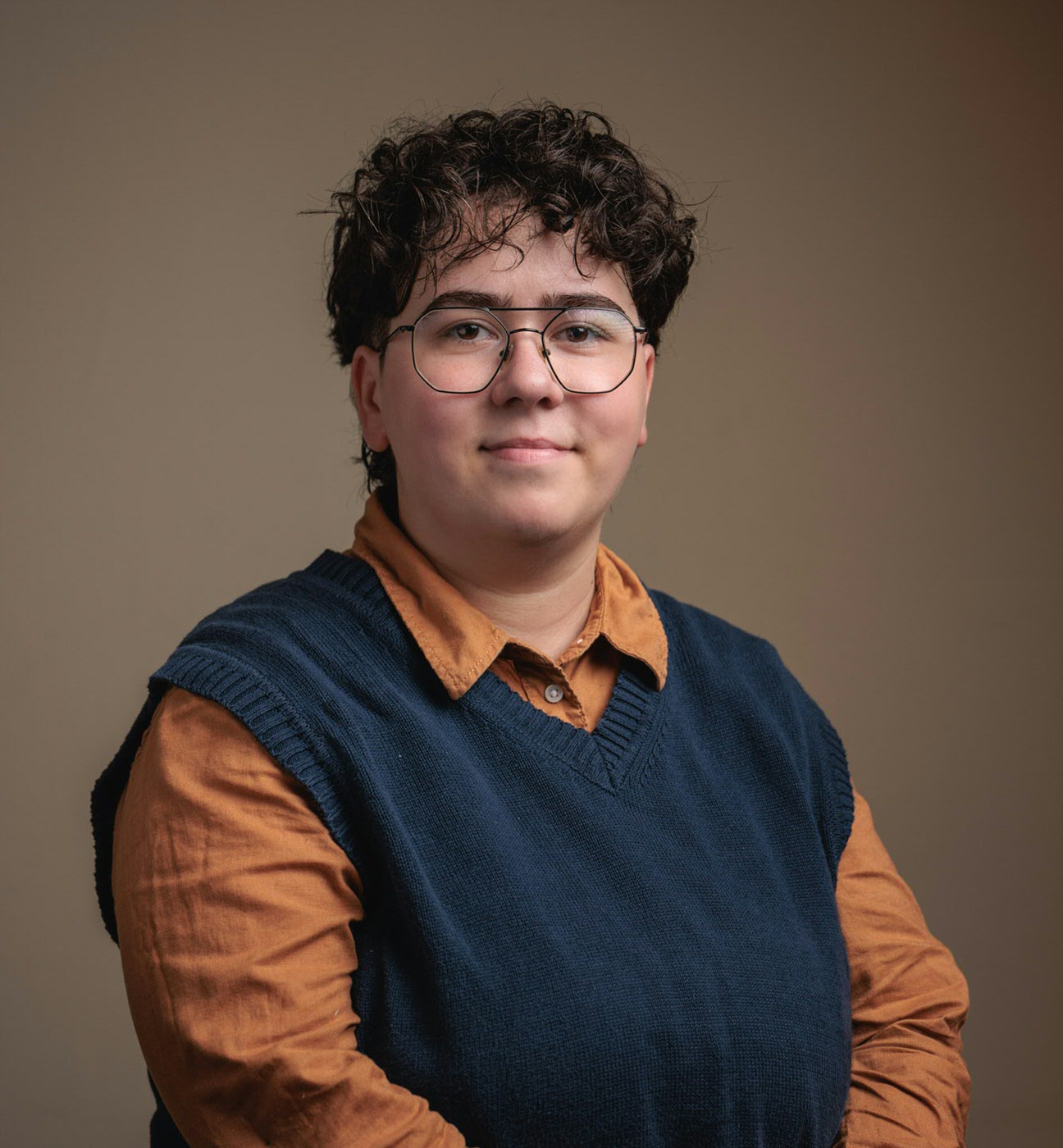
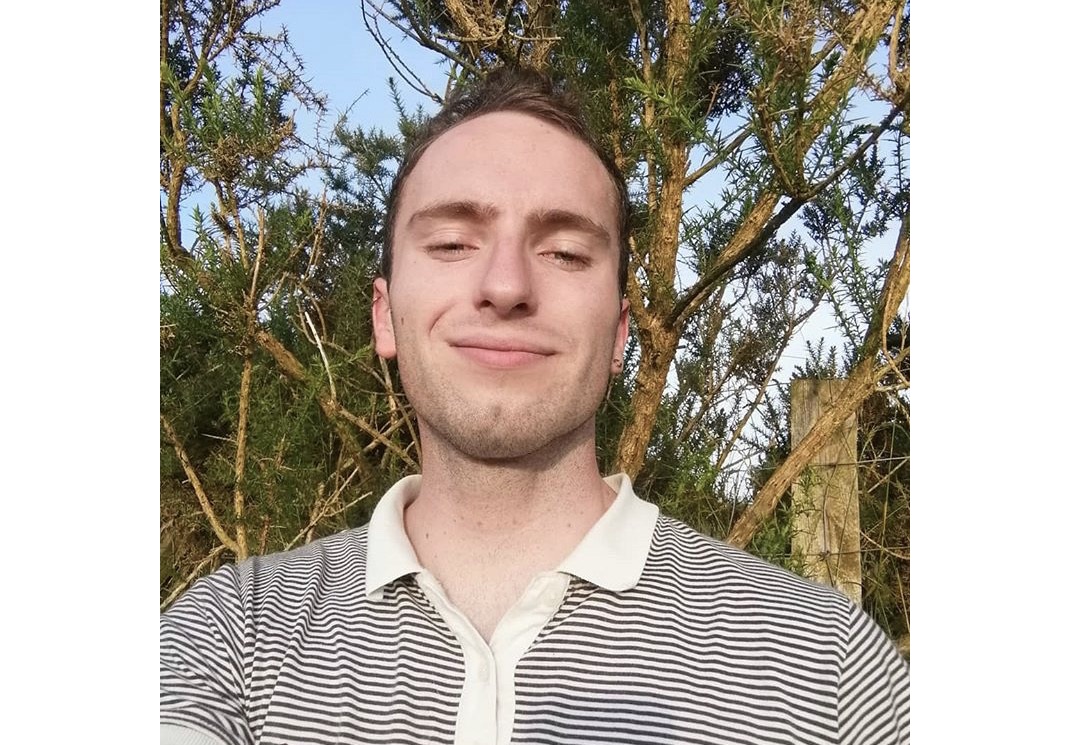
I chose the BA in Media Studies at the University of Groningen
as I’ve always been interested in working within creative
media industries. The degree program offers students the freedom to
express themselves through their research and project work.
Experimentation is encouraged by the lecturers throughout the
program, in this way you get to discover your likes and dislikes,
and choose elective classes based on your vision of your future. At
the beginning of the course, I thought that a degree in Media
Studies only qualified you to become a journalist, but I could not
have been more wrong! As the degree is a blend of theoretical,
methodological and skills classes, you are given a broad set of
tools with which you can become a media professional or scholar. At
the moment I’m interested in doing either an MA in
Journalism, or a ReMA in Arts, Culture, Media here at the
University of Groningen. In the Audiovisual Culture profile,
students engage with all forms of audiovisual texts such as film,
television, and music videos. I am particularly interested in the
intersection of media, art and performance studies. Research in
this area focusses on how the involvement of media technologies
changes our experience of art and the performance arts.
What I love the most about the media department is how youthful and
vibrant it is. The lecturers are enthusiastic and willing to help
you develop and pursue your interests. I chose to study
specifically in Groningen because of its cosmopolitan
atmosphere— I knew that the university would bring me into
contact with more international cultures than if I were to have
studied back home in Ireland. The BA Media Studies is an
internationally-oriented degree, for an international industry. I
hope to become a researcher in the future, or to work as a writer
in a publication house. Within this study, the possibilities are
endless!
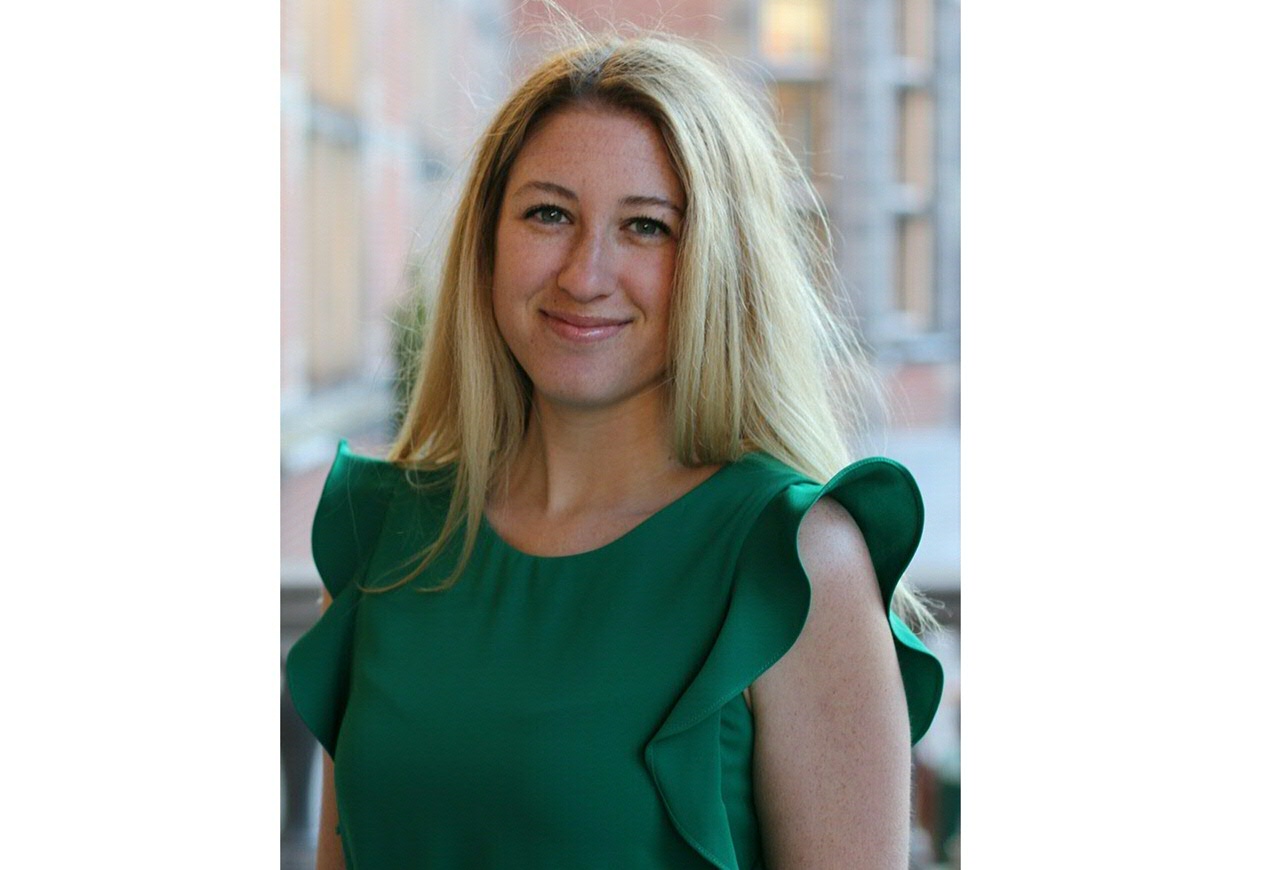
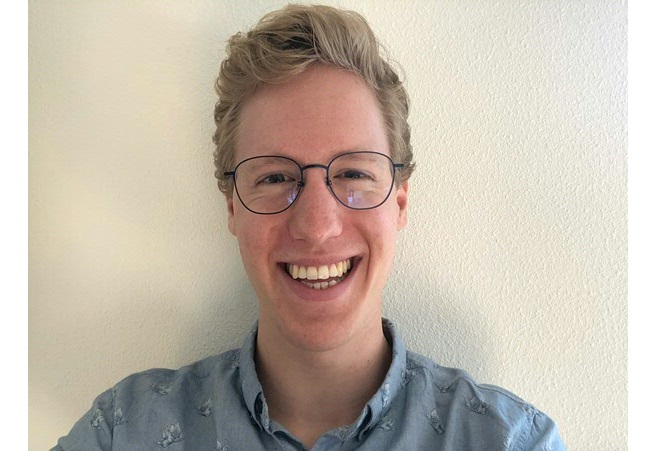
Before I started Media Studies, I thought I had a pretty good idea about what 'media' was. But from the first day on, I got to know about media and everything around them in ways that I had never considered before. It showed me the relevance of studying media in every aspect possible, as it taught me about all the ways media are not only interconnected with our lives, but frequently are an inherent part of our lives and our existence on their own.
The programme touches upon aspects of media far outreaching those of radio, television, newspapers and so-called 'social media'. It makes you aware of the many forms media can take on, how abstract of a word terms such as 'media' or 'culture' actually are, and how they carry far from set definitions.
When I first visited the Open Day, the study representatives clearly emphasized that this study will not make you become a presenter, learn you how to edit videos, or how to direct. And I can confirm that now. But even though this bachelor programme does not specifically teach you how to work in 'the media industry' or how to create a television show, this does not mean that it won't help you in becoming a better creator or media professional. For while I discovered my passion for radio and media in general long before the start of my studies, it is the insights acquired throughout my studies that I take with me every single day, and that help me stand out in the field that I am working in. In my final year I followed an internship at the Dutch national radio station Qmusic, after which I was hired as a radio producer and content director of their daily evening shows. Media Studies has offered me the tools and knowledge to think beyond my own medium and to apply different perspectives in my productions, as well as to remain critical towards the information I receive before deciding to broadcast it to the radio audience.
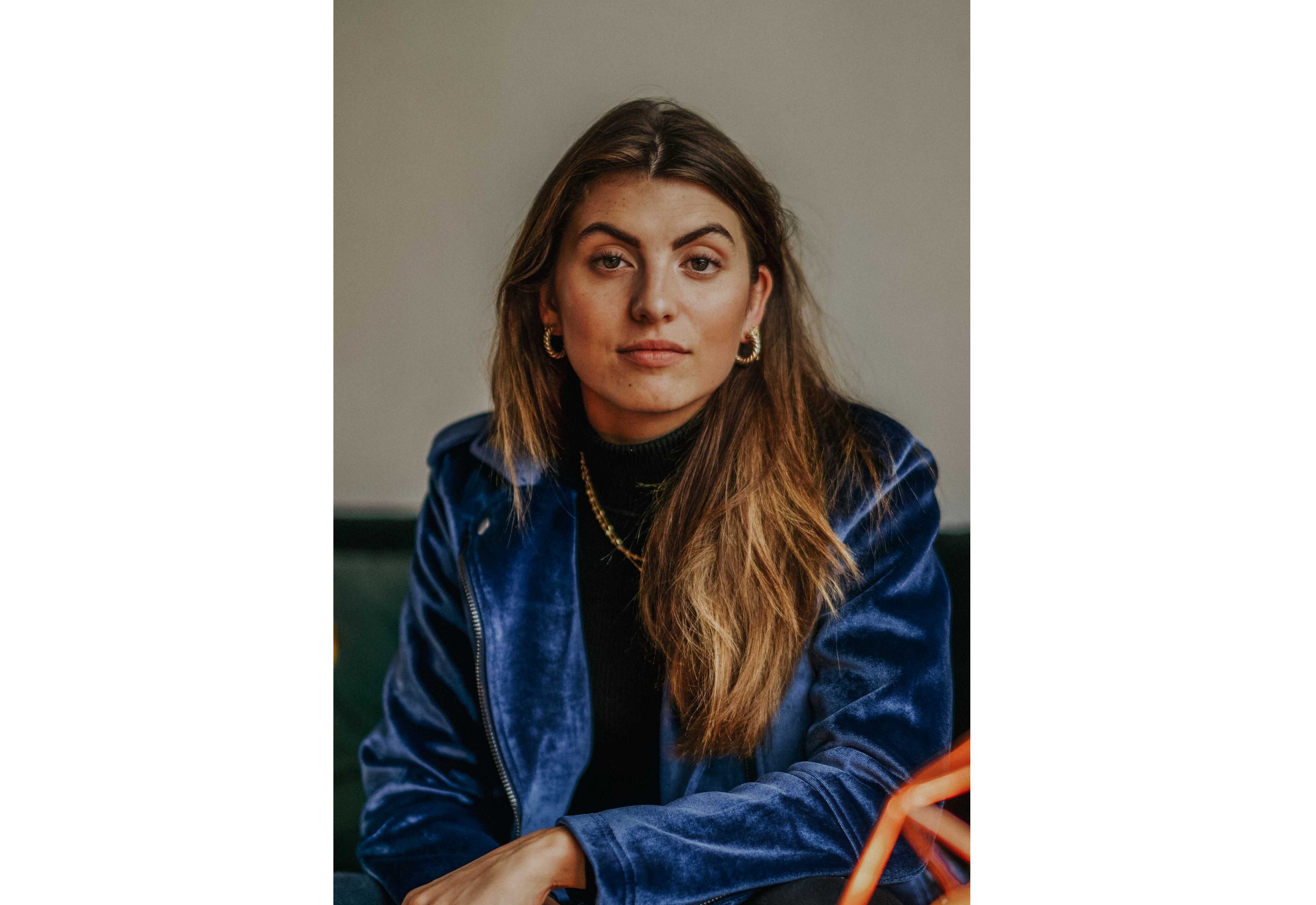
The BA Media Studies allows you to explore a broad variety of topics whereafter you can specialize in a topic of your choosing. I experienced the BA Media Studies as a great balance between theoretical courses that provided me with fundamental knowledge, and the methodology classes that provided me with the practical tools to work with all the theory knowledge acquired. Each course sets the boundaries within which you work, but the assignments and essays leave enough room for you to explore your own interests. I took, and still take, great interest in media representation, identity formation and women’s studies. The BA Media Studies program allowed me to explore each of these interests from a media studies perspective. I am currently in the Research Master program and the broad baseline that the BA Media Studies has provided me with continues to keep me on my toes with regard to my own interests. I am always forcing myself to see different perspectives and ask critical questions: “How do researchers in my field of interest approach this problem?” and, “How does this approach differ from what other researchers in other fields are doing?”. At the same time, the freedom to (further) develop my own interests within the BA Media Studies has enabled me to create my own profile as a researcher.
Zit jij op de middelbare school en ben je benieuwd hoe het is om aan de universiteit te studeren? De bachelor Mediastudies bied een webklas aan! Deze online cursus van de Rijksuniversiteit Groningen is specifiek ontworpen voor middelbare school studenten.
Als je geïnteresseerd bent ik een webklas over Mediastudies, meld je dan hier aan.